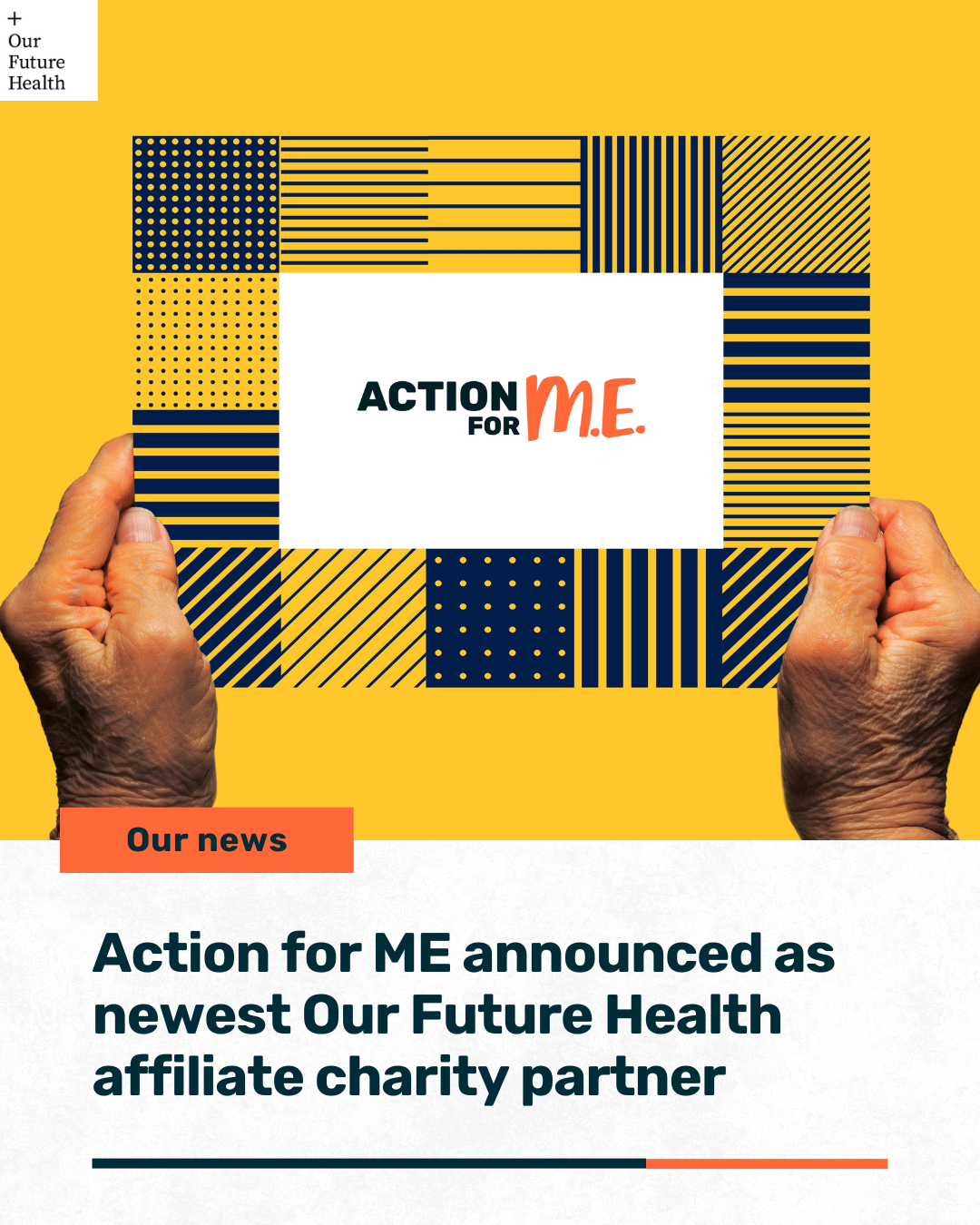Peter T
Senior Member (Voting Rights)
My initial reaction to Jeremy Hunt as a Parliamentary Champion was very negative, however on further reflection and further announcements of other Champions, I have to recognise Action for ME have got together a very broad range of parliamentarians:
Action for ME say:
- Fleur Anderson MP
- Debbie Abrahams MP
- Baroness Scott
- John McDonnell MP
- Jess Phillips MP
- Lord Bethell
- Monica Harding MP
- Steve Race MP
- Jo Platt MP
- Max Wilkinson MP
- Dame Harriet Baldwin
- Paul Waugh MP
- Tessa Munt MP
- John Milne MP
- Wendy Chamberlain MP
- Graeme Downie MP
- Alison Hume MP
- Ruth Jones MP
- Sir Jeremy Hunt MP
- Siân Berry MP
Action for ME say:
Our network of Parliamentary Champions are our 'go-to' individuals when engaging with Government and building support for our campaigns more broadly in Parliament and beyond.
Our champions are supportive of our work to create a world without ME and give a voice to the estimated 1.35m people in the UK who live with ME or ME-like symptoms, including post-exertional malaise.
Parliamentary Champions support us in raising awareness of ME by helping to include ME and related issues in parliamentary business and working with media to highlight key campaigns.
MPs and Peers have a wealth of knowledge so parliamentary champions may also suggest other ways to raise the profile of ME according to their skillset
Typical activities undertaken by a parliamentary champion may include one or more of the following:
- Tabling written and oral questions on ME
- Tabling and supporting debates on ME
- Sponsoring events in Parliament.
- Writing opinion pieces for national and local press.



